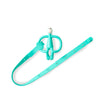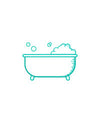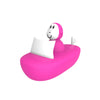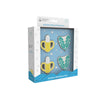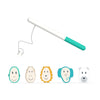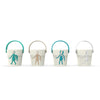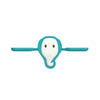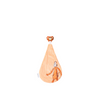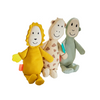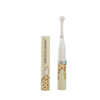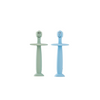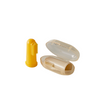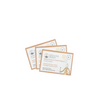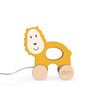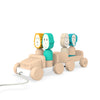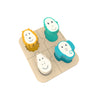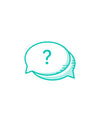4 Simple Games to Play with Your Baby that Encourage Development & Learning
The first few days and even weeks of a newborn’s life normally focuses around eating and sleeping (the second, if you’re lucky). Once your baby starts to stay awake longer than when they just need a feed or a nappy change, you can actually start to play with them!
Babies are learning about the world around them as soon as they open their eyes. Even just talking to your baby helps their senses develop, as they get used to the sound of your voice.
In this post, I wanted to look at all the simple games you can play with your baby in their first 12 months that encourage development and learning. You don’t need any fancy or expensive toys to do this - all you need is you and your baby!

Talking
Your baby’s moto right now is a bit like “monkey see, monkey do”. Babies learn from example, if they can clearly see how you’re making words, the easier they will find it to copy you. Even if it’s months before they will learn to form any kind of coherent sounds you understand.
Talk to your baby slowly, clearly and up close so they can see your mouth moving. You could read them stories and point to things in picture books whilst sounding out letters and sounds.
Your baby won’t understand what you’re saying yet but they will be delighted at the attention and will be slowly taking everything in!
Singing & Music
I’ve mentioned before that I don’t have the voice of an angel, but until your children get old enough to realise this, they will tolerate your singing with wonder and joy - so make the most of it!
Babies and children love music and it seems natural for us to sing to them. Help them to develop their hearing and rhythm by singing along to nursery rhymes or your favourite songs, or just playing them music and clapping along. Although their hearing isn’t as developed as yours yet, you’re encouraging them to develop a love of music, as well as an understanding that they can create music and sounds themselves.
The sound of music or of you singing can also have the power to soothe them when they’re, or entertain them when they’re grumpy - so the benefits are twofold.
Instruments
Clearly I’m not talking about the violin here, but yes, you can start introducing your baby to rudimentary instruments! The perfect example of this would be a rattle. They allow your baby to develop their coordination by practicing shaking their rattle side to side to make noise.
If you don’t have a baby rattle, you could make your own using a small plastic bottle (try an empty travel size shower gel bottle). Fill it a third to half full with dry rice, lentils or another small grain and screw the cap on very tightly.
Holding and touching
Babies aren’t born with good sense of hand-eye coordination. It’s something that develops as they grow. There are all kinds of games you can play that will help them with this skill.
Pass objects into their hands that are easy for them to grasp (babies can usually grasp things as large as your finger from birth but it usually takes 3+ months for them to hold items securely). When they drop it and look for it again, pass it back slowly - giving them the chance to take it from your hands before you give it to them.
Helping to develop hand-eye coordination was something I had in mind when developing the original Matchstick Monkey teething toy . I wanted to design something that was easy, fun and safe for babies to hold and, if they wanted, bring to their own mouths to chew.
Laying your baby under a floor gym will also encourage them to reach up and touch, bat or grasp things they can see in front of them. This will also help to develop their hand-eye coordination.
Note: Don’t give your baby small objects they could choke on. Once babies get to around 3+ months, keep valuable items out of their reach and ensure there isn’t anything around that they could hurt themselves with, if they were to put it into their mouths.







